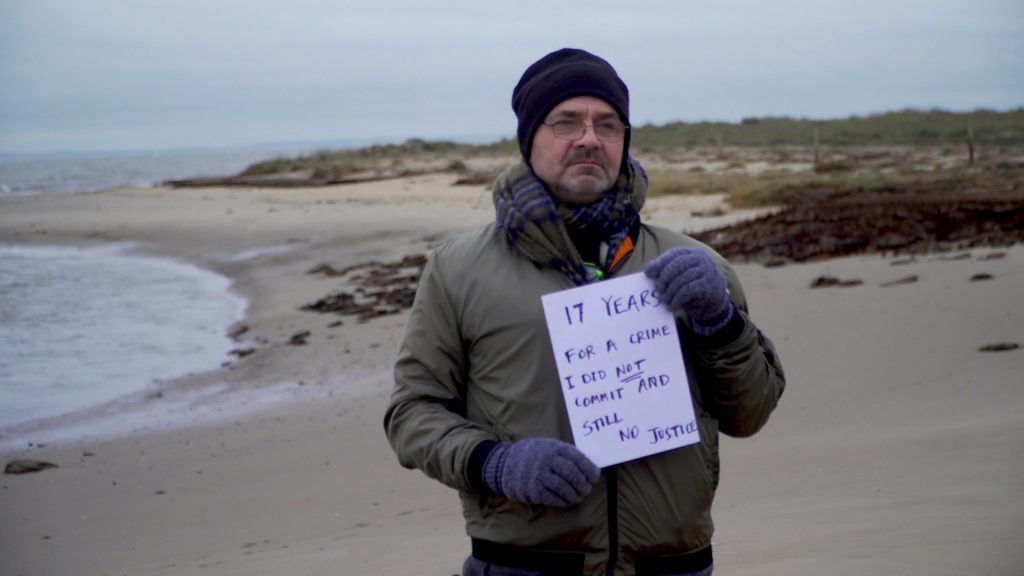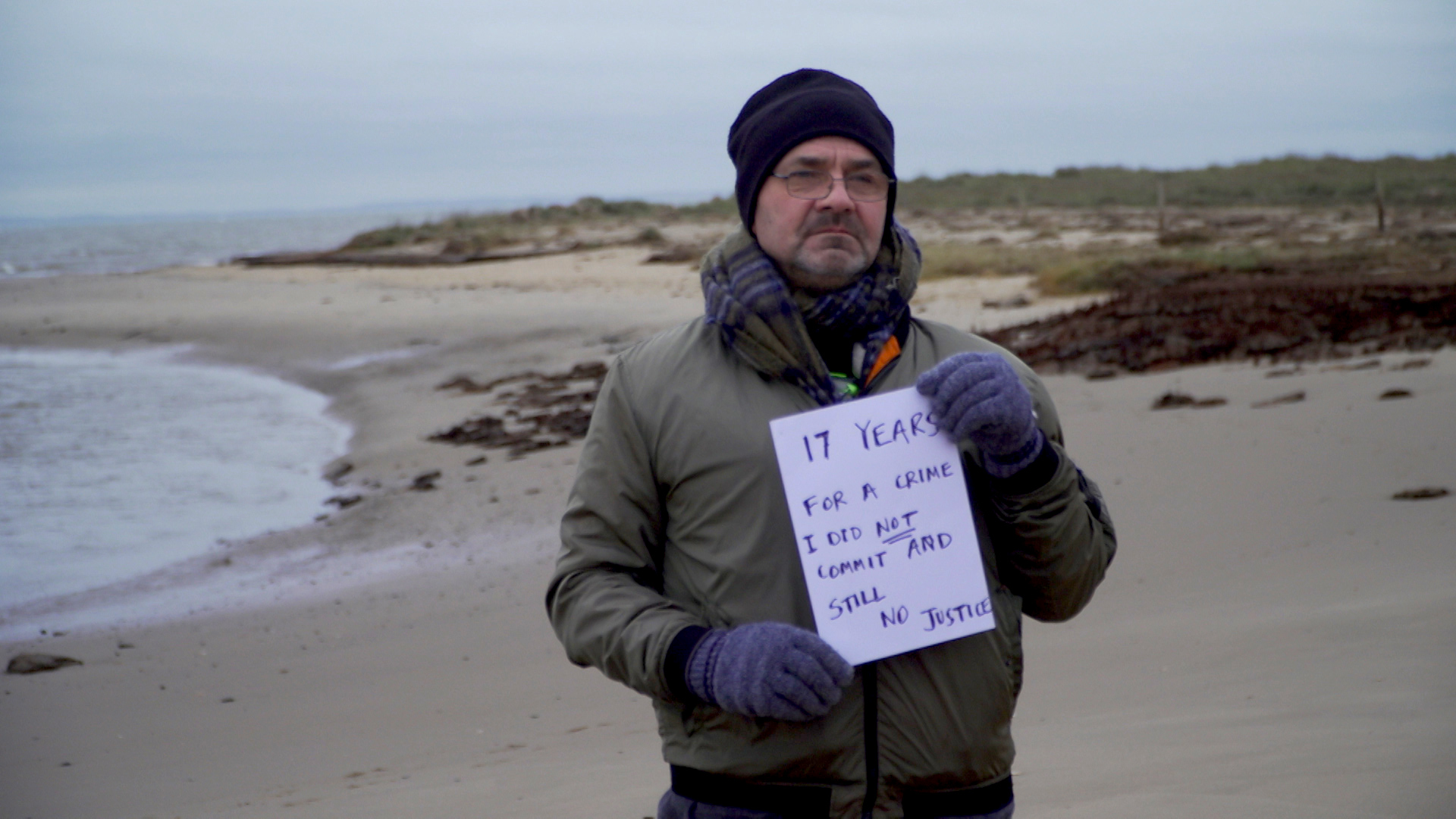Over the last three years, the Ministry of Justice has paid out less than £1.5m in compensation to victims of miscarriages of justice for 13 successful applications – this follows a two-year period when the government didn’t appear to pay a penny following a controversial change in the law in 2014 requiring applicants to prove their innocence.
The overturning of Andrew Malkinson’s conviction last month prompted widespread outrage in the media about the compensation arrangements (including a Guardian editorial complaining about the ‘kafkaesque’ scheme). The coverage followed a powerful interview on the BBC in which Andrew Malkinson said a charge for prison board and lodging would be deducted from any compensation he recovered. It was ‘jaw-dropping that an unjustly imprisoned person can be charged in this way for their own wrongful imprisonment’, the Guardian added.
Such was the alarm that the lord chancellor, Alex Chalk, moved quickly to scrap the rules which allowed for such deductions. ‘It is not right that victims of devastating miscarriages of justice can have deductions made for saved living expenses,’ Chalk said. ‘This commonsense change will ensure victims do not face paying twice for crimes they did not commit.’
However the MoJ press office confirmed to the Justice Gap that it had not actually paid a penny for such deductions. The furore obscured ‘the bigger scandal’, as Private Eye put it in its August 11 issue, most victims of injustice no longer qualify for any compensation at all. ‘A controversial law change made under Chris Grayling’s disastrous stint as justice secretary (failed privatisation of probation; an attempt to ban prison books etc) means there’s no guarantee Malkinson will receive compensation for the wrongs he has suffered.’ As a result of a 2014 change in the law, victims of miscarriages of justice are now required to prove their innocence ‘beyond a reasonable doubt’ as has been widely reported on the Justice Gap.
In answer to a parliamentary question posted by Barry Sheerman MP, chairman of the All-Party Parliamentary Group on Miscarriages of Justice, justice minister Edward Argar confirmed that ministers had paid out a total of £1.42m in the last three years (2019 to 2021), an average of £110K for each successful applicant.
This compares to more than the £42m that was paid out for a three year period 30 years ago (1999 to 2001). The collapse in payouts reflects two significant legislative changes: in 2006, New Labour’s home secretary Charles Clarke scrapped the discretionary ex gratia compensation scheme under which larger sums were paid out (leaving a very restricted and ungenerous statutory scheme). It was under this more generous scheme that deductions for board and lodging were made – this was challenged in 2007 by Michael O’Brien of the Cardiff Newsagent Three and Vincent and Michael Hickey of the Bridgewater Four. You can read Kate Maynard and Toby Wilton of Hickman Rose who are representing Andrew Malkinson in his compensation claim on the Justice Gap here; and a history of the long-running scandal of miscarriage of justice compensation here.
The second change was has blocked successful applications was Grayling’s 2014 change in the law which further restricted the statutory scheme.
The Ministry of Justice’s press office confirmed that there had been no deductions for bed and board in ‘the MoJ’s history’ (the department was setup in 2007 after the ex gratia scheme was scrapped). The press office explained that it could be that the independent assessor, Dame Linda Dobbs, ‘takes into account tax someone hasn’t paid as a result of being in custody or savings they have made in terms of living costs – but critically there is never any consideration of the cost of holding the individual in custody.’
For two years not a penny was paid out (2017 and 2018) – according to a response to a Freedom of Information request made by the Justice Gap in one two-year period there was not a single successful applicant (and only £10,000 paid out). The MoJ press office said that there had been no change of policy to account for the subsequent successful referrals.









